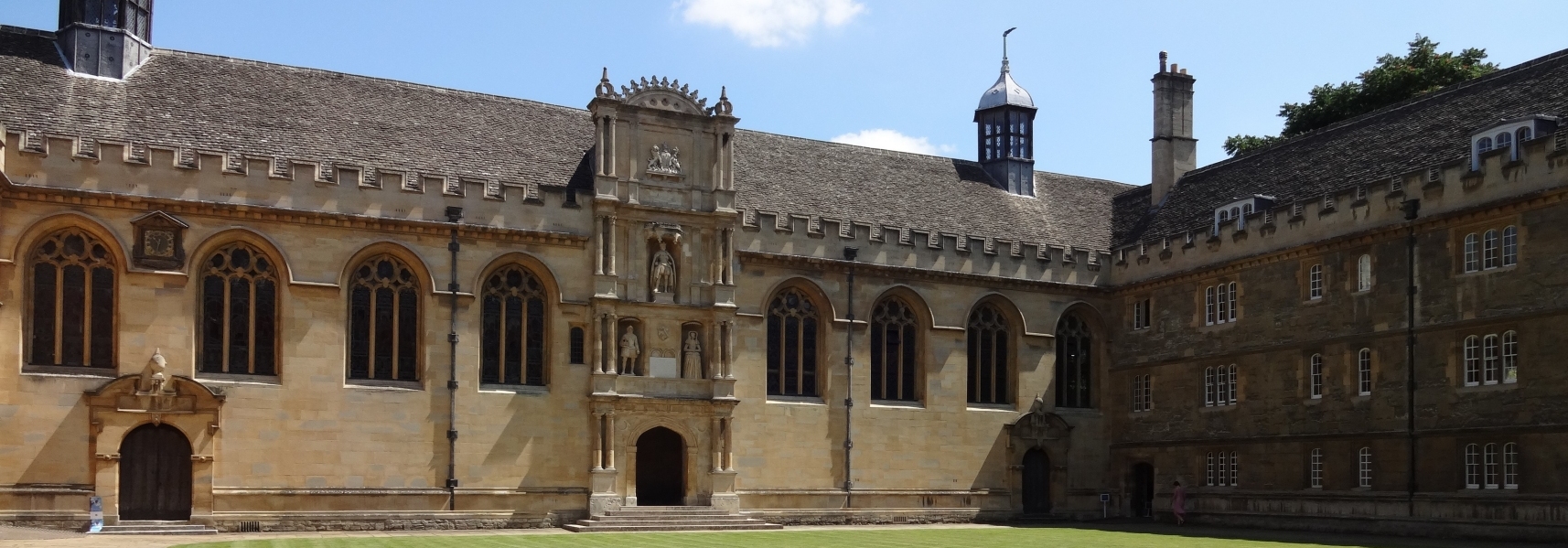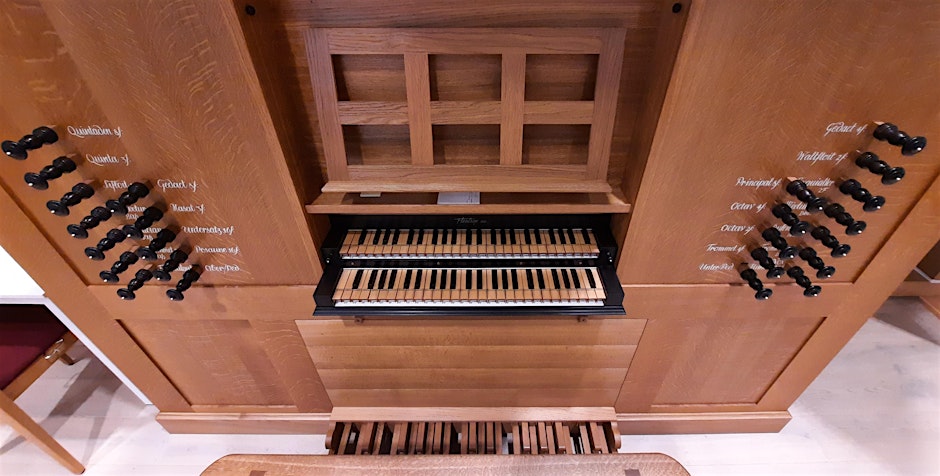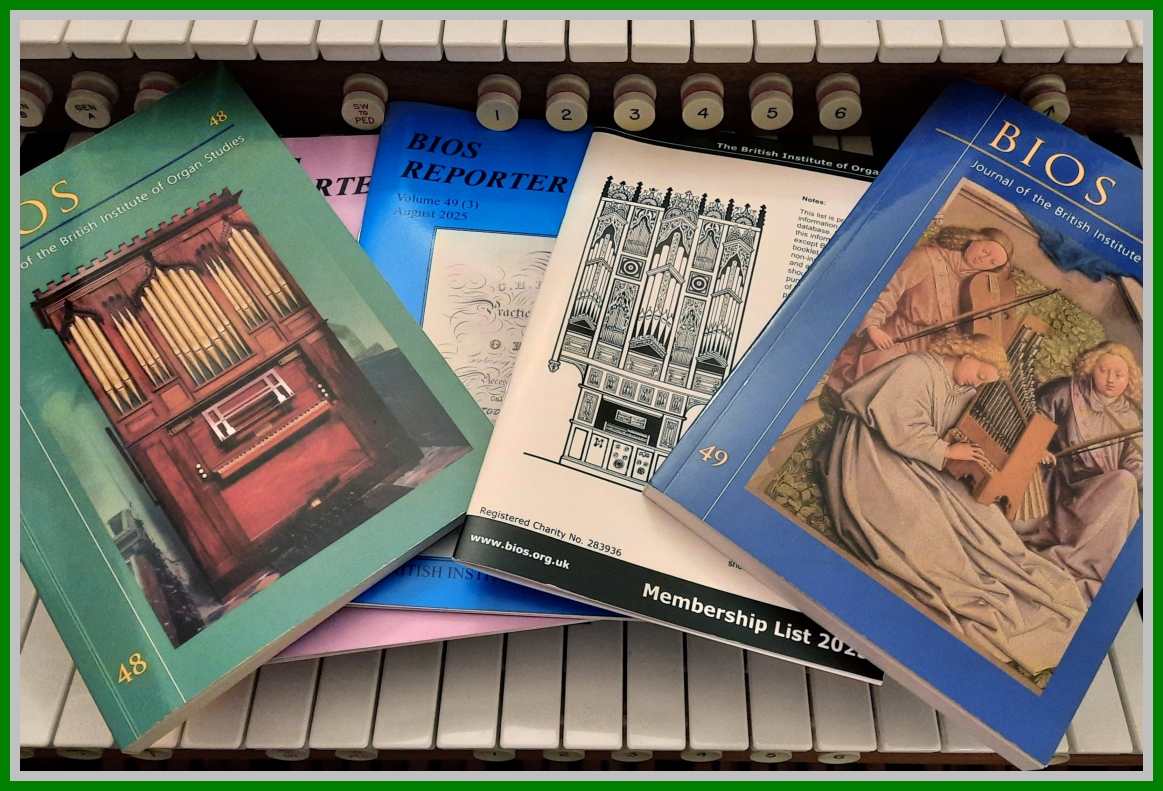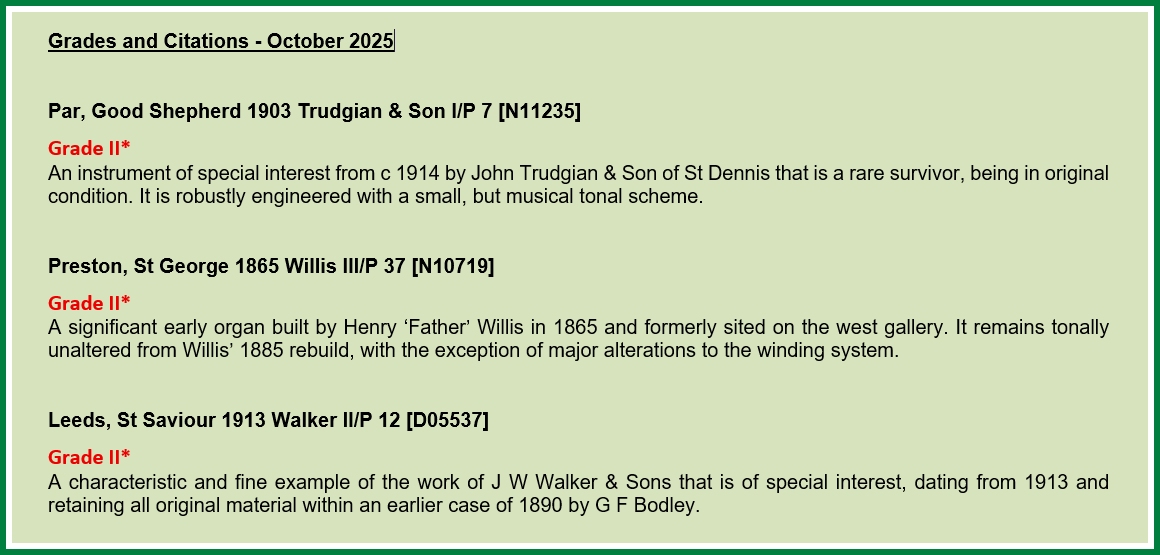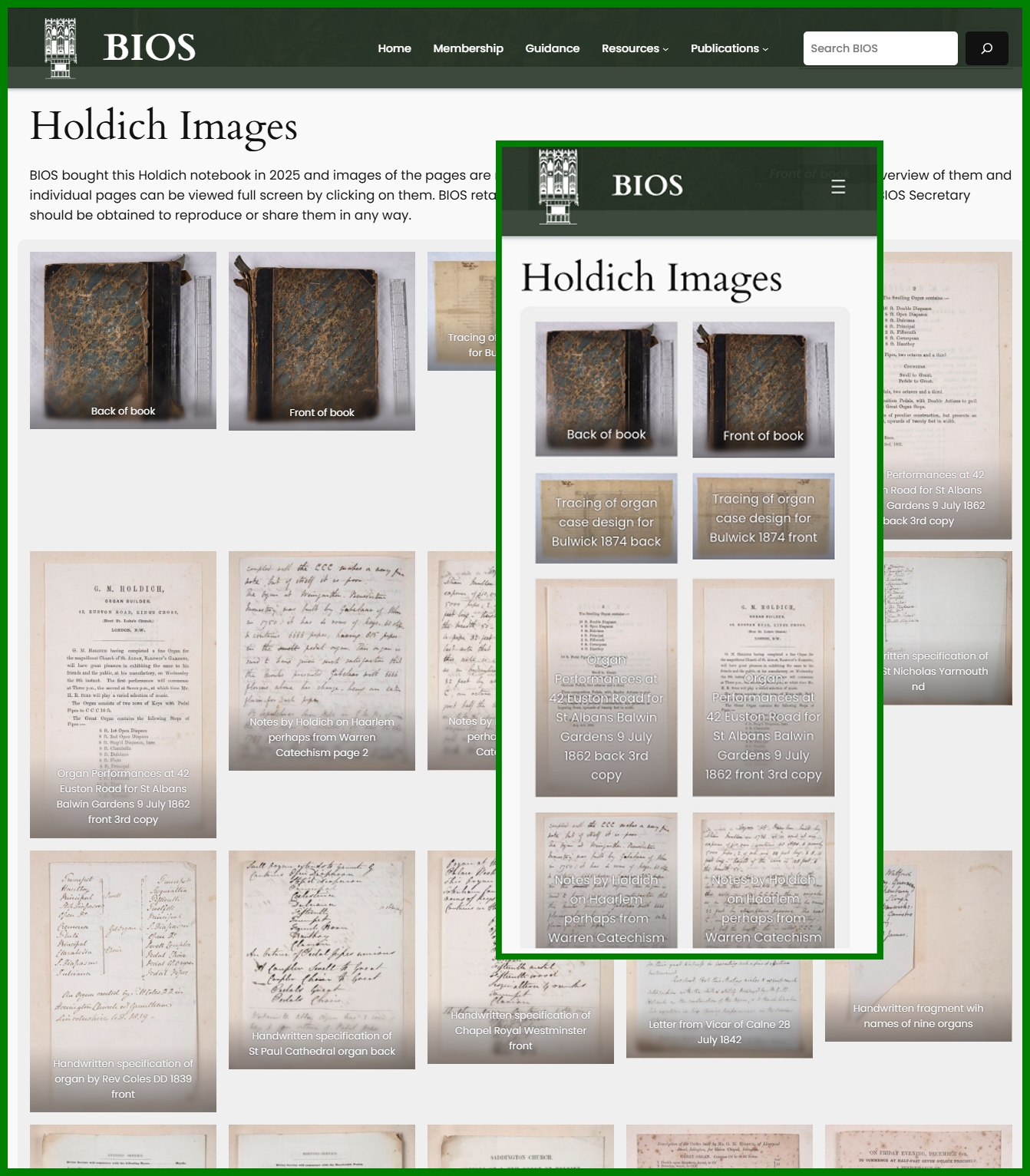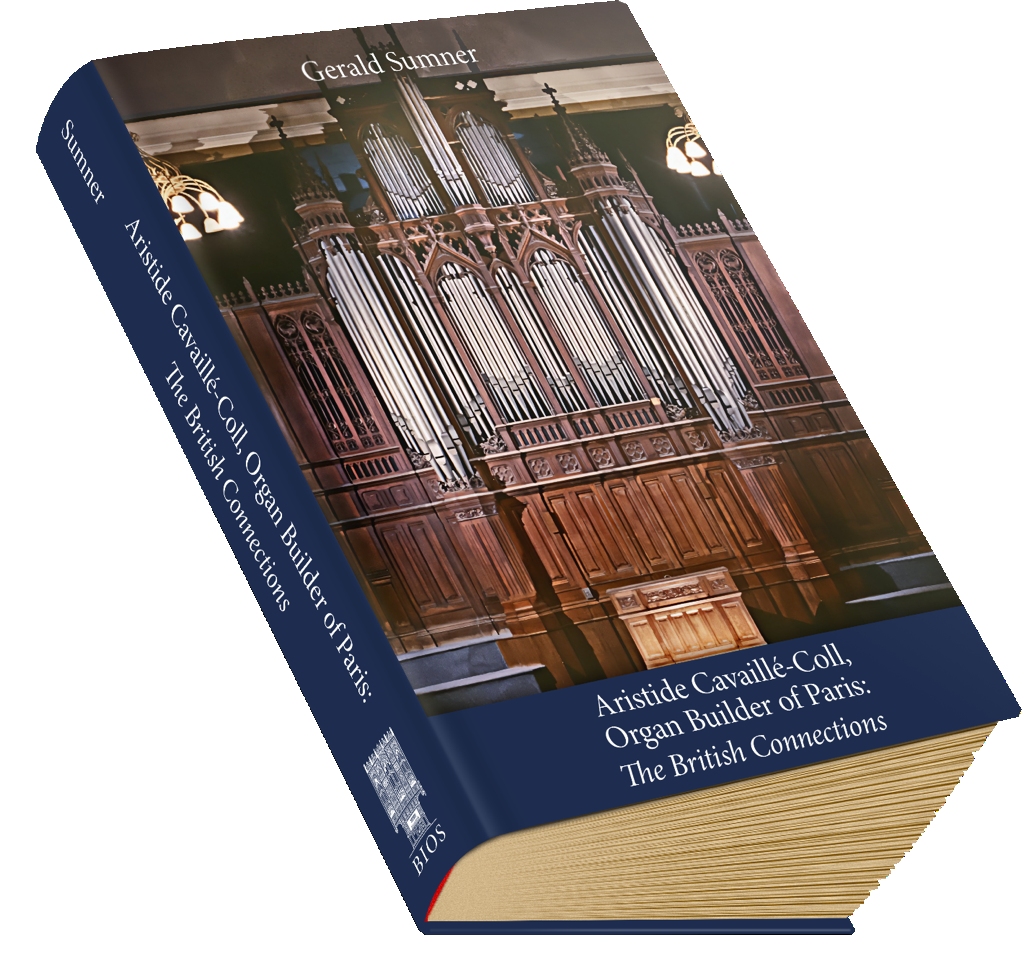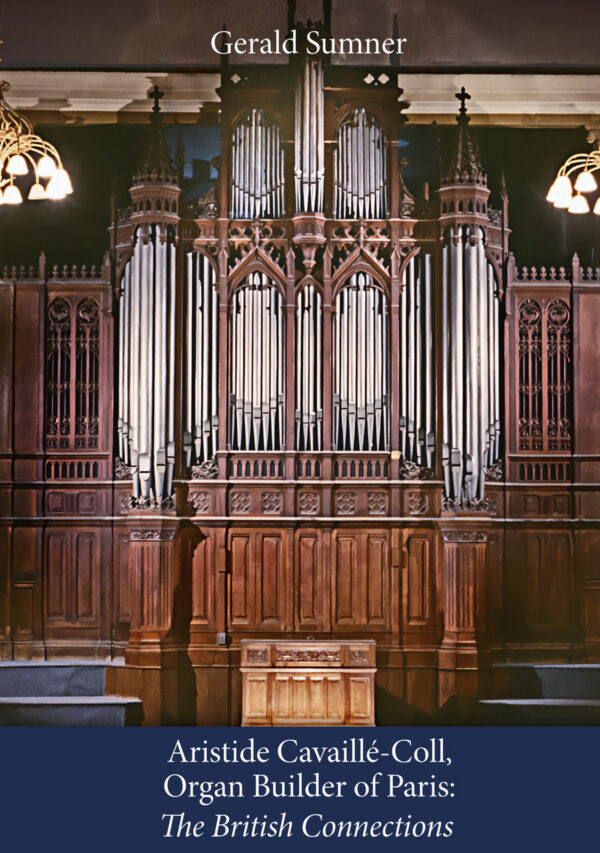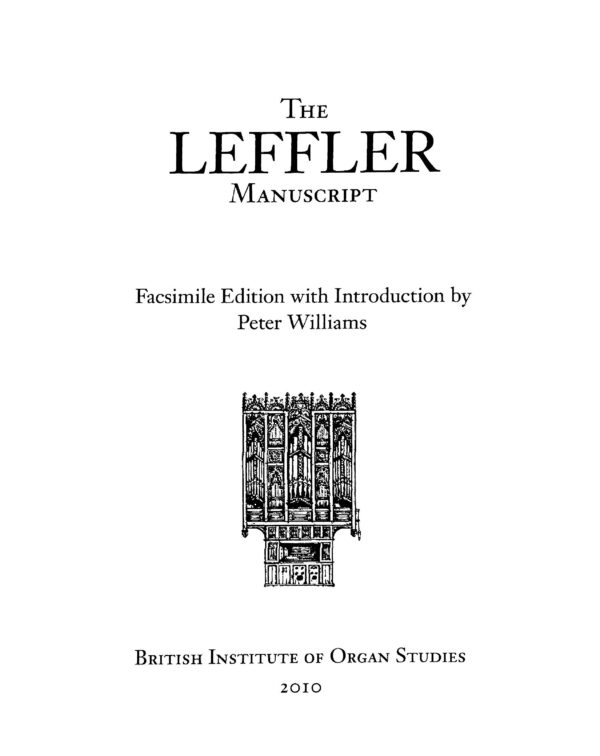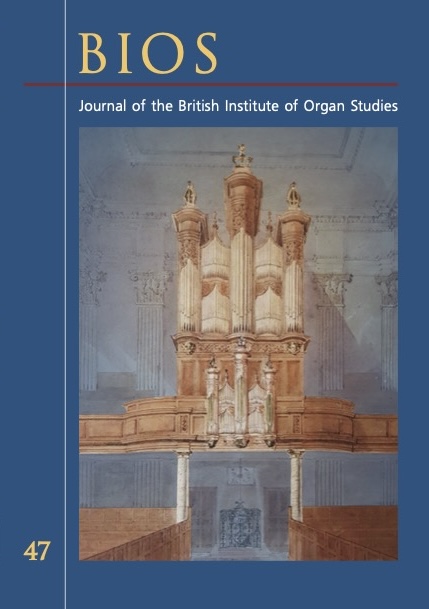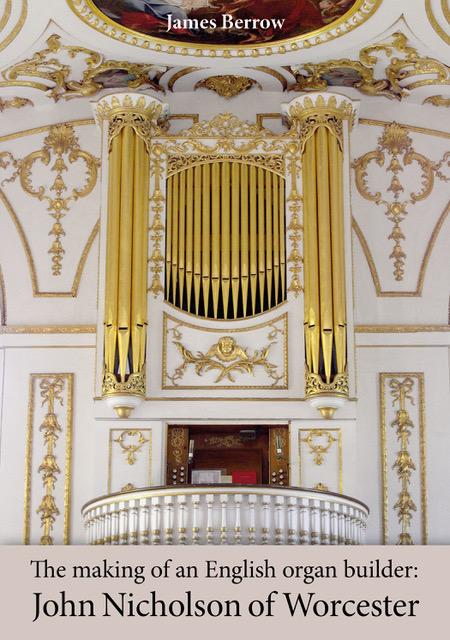THE BRITISH INSTITUTE OF ORGAN STUDIES
Encouraging and promoting the study of the pipe organ
BIOS News & Events
The Global British Organ
BIOS will be celebrating its 50th anniversary in 2026 with a residential conference in Oxford from 9-11 April. The topic of the conference will be “The Global British Organ”. read more
Bernard Edmonds Research Conference 2026
The Bernard Edmonds Research Conference will again take place at the Royal Birmingham Conservatoire. We are grateful to Daniel Moult, Head of Organ Studies and his colleagues for hosting this event once again. read more
BIOS membership renewal
As the Christmas music gets packed away, it is time to remember the BIOS membership year begins on 1st January. If not already a member, now is excellent time to become one at the very modest subscription rates that haven’t risen in more than a decade. As well as the authoritative annual Journal, members get read more
New Historic Organ Listings – October 2025
The October meeting of the BIOS Council approved three new Historic Organ Listings. They are at Par (Good Shepherd), Preston (St George) and Leeds (St Saviour). read more
Member website access
BIOS launched the new website in late 2024 and it included an area for additional content accessible only to members. The first member-only material was images from the Holdich Notebook and that has been joined by an archive of BIOS Journals. To be recognised online as a member go to the login page and enter read more
Aristide Cavaillé-Coll, Organ Builder of Paris: The British Connections
Newly published: The new 417 page hardback book ‘Aristide Cavaillé-Coll, Organ Builder of Paris: The British Connections’ is now published by BIOS. It has been written by Gerald Sumner and pre-orders are now being despatched. It can be ordered for posted despatch at this page which also has links to order the many other publications read more
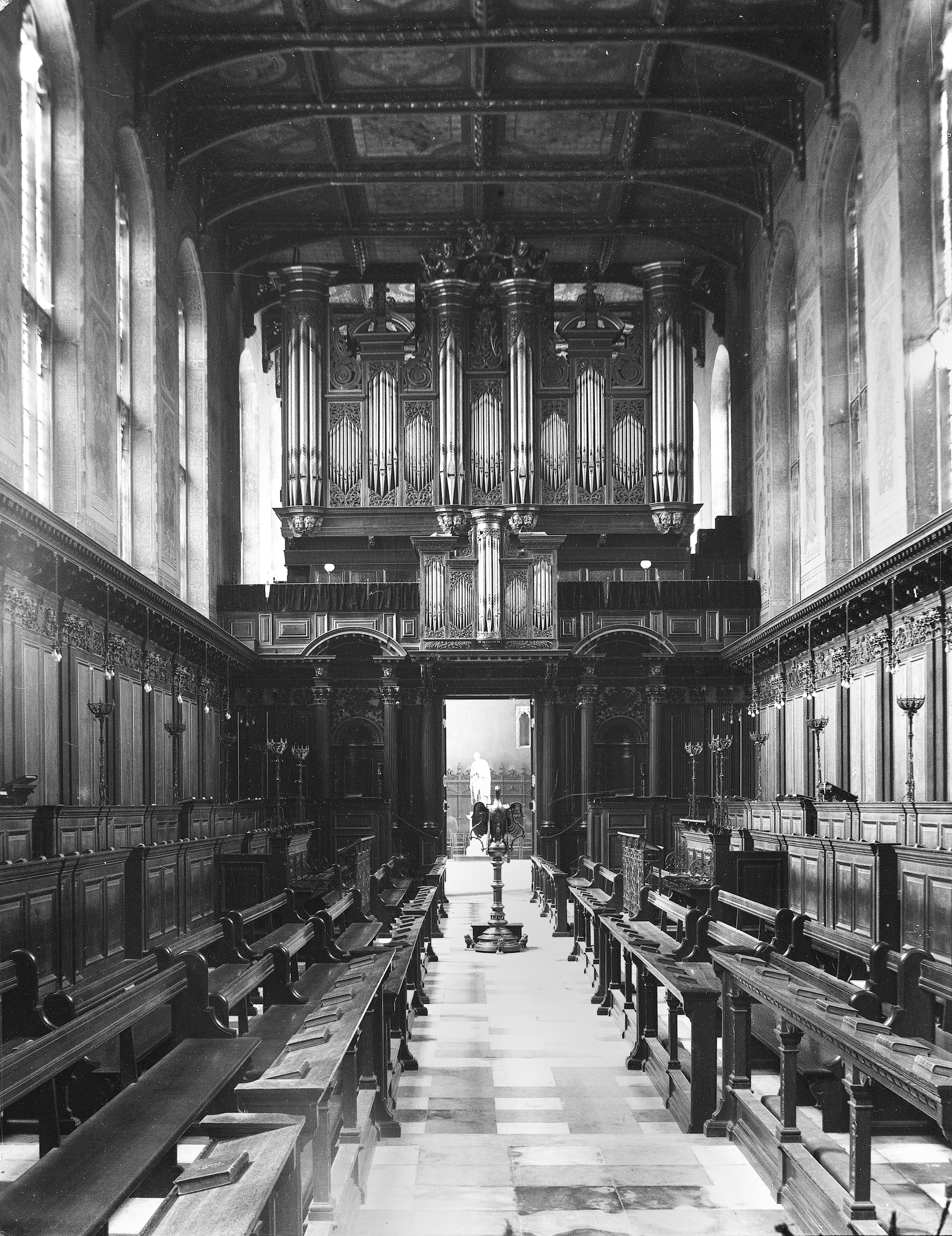
The National Pipe Organ Register
The NPOR comprises surveys of pipe organs in Great Britain and Northern Ireland. The database includes organ specifications, photographs, sound recordings, builders, and historical sources. The NPOR is a free service provided for everyone interested in the organ and its history.
BIOS Guidance
Care and Conservation
Well-made organs will give excellent service for many years provided they are properly cared for. It is not uncommon to find organs functioning efficiently after a century or more, with only occasional cleaning and minor repairs. An organ is a valuable resource. The following pages suggest which instruments may be worthy of preservation, and indicates read more
Sound Advice – Care of your Organ
A valuable resource The organ is usually the largest item of furniture in a church. Its prime purpose is to support singing, both of a choir and of the whole congregation. Mozart called the organ ‘The King of Instruments’. It commands both the widest range of pitch of all instruments and also the widest range read more
A Guide to Grants
For funding work on historic pipe organs (13th edition) The grant scene is constantly changing. Although we hope the current advice remains applicable, readers will need to pursue their own enquiries, and BIOS can take no responsibility for the absolute accuracy of this guide. Please note that BIOS itself can give only advice, not actual read more
Featured Publications
BIOS publishes an annual Journal, a quarterly newsletter, and books on British organbuilders or aspects of British pipe organ history.
Aristide Cavaillé-Coll, Organ Builder of Paris
£45.00Leffler Manuscript Facsimile
£25.00BIOS Journal – Issue 47
Price range: £5.00 through £17.50The making of an English organ builder: John Nicholson of Worcester
£25.00
Join 500+ members
BIOS is a society made by and responsible to its members. The organ and its music – the largest of all solo repertoires – continually attract much interest, technical skill and intelligent musicianship, so the Society looks forward to a growing membership, and would welcome you.
